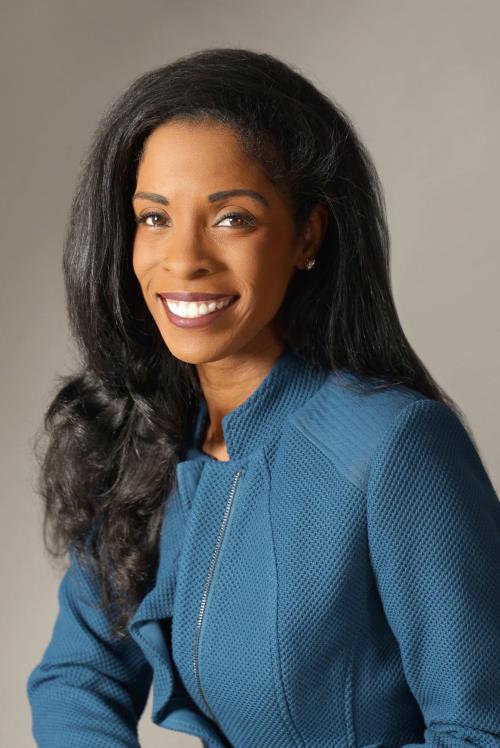
In this episode of Sanford's Policy 360 podcast: Historically Black colleges and Universities (HBCUs) have played an important role in America’s past, present, and future – and it’s becoming clear that they are playing a big role in democracy itself. Duke Sanford professor Deondra Rose joins us to discuss the topic. Her new book is The Power of Black Excellence: HBCUs and the Fight for American Democracy. This episode is part of our ongoing series of policy-focused conversations related to the 2024 election.
Policy 360
HBCUs and the Fight for American Democracy
Subscribe to Policy 360 on your favorite podcast app.
Conversation Highlights
Responses have been edited for clarity.
On the history of hbcus in higher ed

HBCUs are a fascinating set of educational institutions in the United States.
HBCUs were established first in 1837. That's when the very first HBCU, which became known as Cheyney University, was founded up in Pennsylvania.
In the years since, HBCUs have made concerted efforts to empower, uplift, and invest in Black Americans. This was especially important when you consider, historically, the web of barriers that limited Black people's access to educational opportunity, to political opportunities, to economic opportunities. So, as a set of institutions, they did really important work in terms of developing citizens.
Before 1964 and the passage of the Civil Rights Act, which made racial discrimination in college admissions illegal, we actually saw that 90%, up to 90% of Black Americans who attended college and got college degrees did so at HBCUs.
On HBCUs developing Black leaders like democratic presidential nominee kamala harris
One of the things that I found most striking -- that really inspired this research -- was realizing that today, the vast majorities of Black leaders in a number of different areas were educated at HBCUs.
According to the Thurgood Marshall Foundation, something like 80% of Black judges in the United States hold HBCU degrees, something like 60% of Black members of Congress, 50%-60% of Black lawyers.
I mean, the numbers are pretty impressive, and I don't think that's accidental. I think there's something, maybe a secret sauce in HBCU education and how HBCUs go about their work that has contributed to that trend.
on the 'crucial' role of hbcus in democracy
I think that HBCUs are absolutely crucial for democracy. They're crucial for the strength of our democracy, for our ability to safeguard that democracy.
HBCUs have offered such a powerful lesson for how a society can work to empower a historically minoritized and marginalized population and can help to foster high levels of civic and political engagement among them.
[My] research suggests that it's a powerful combination of the type of education, the approach to education, one that really takes seriously history, and making clear the value of the truly diverse set of experiences that we have in our society, a form of education that is holistic and that really focuses on the entire student. I learned a lot.
